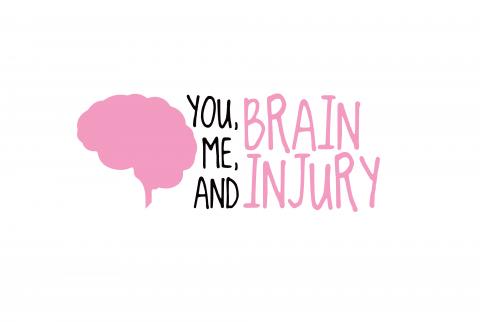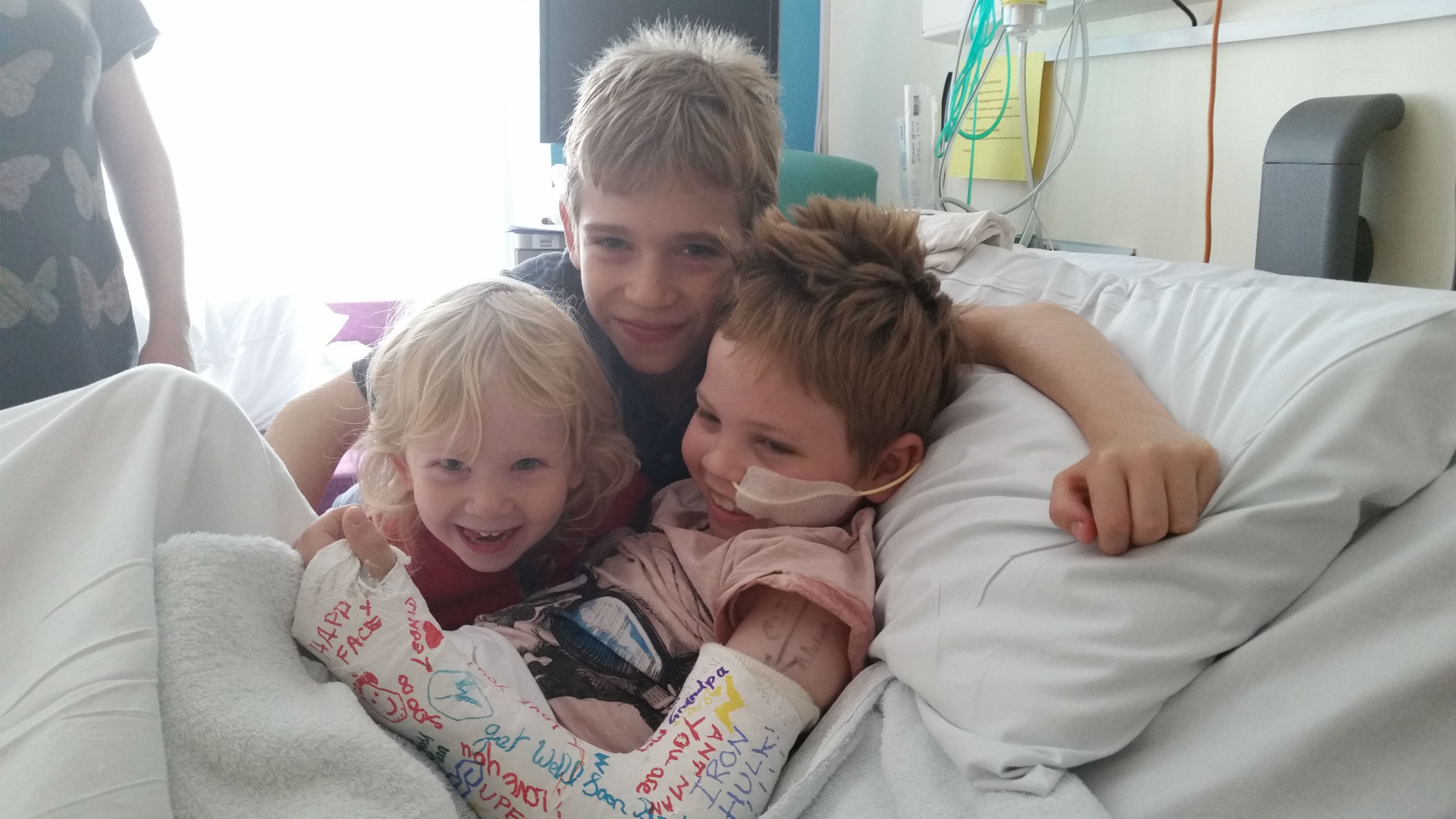19 May 2018

Our advanced trauma team do everything they can to give our patients not only the best chance of survival, but the best quality of life after suffering from trauma. Brain injury is one of the type of traumatic injury that patients can sustain. Alice Kershberg, Clinical Nurse Specialist for Neurotrauma at The Royal London Hospital, guides many of our former patients and their families through the recovery process. She shared her insight on their journey.
What are the most common effects of brain injury?
“Every injury is different, but one thing all patients experience is a cognitive fatigue. It’s not just being a bit tired; the brain is completely overwhelmed with sensory information. This fatigue might affect your memory, concentration or speech, or you might find yourself getting more angry than usual. People associate brain injury with being physically disabled, and while this can be the case, it’s not for the majority of patients. However, cognitively things have changed a lot. Patients also often come back with headaches, nausea and dizziness, or loss of taste or smell.”
How does brain injury affect families?
“There’s a ripple effect, with strains and shifts on relationships. People cope very differently; some get visibly upset, others find that unhelpful. You have to accept that everyone’s just trying to get through. While it is incredibly difficult to see your loved one in intensive care, many find it much harder when the patient wakes up. They can be agitated, disorientated or a completely different person. It can also be difficult dealing with the blurred line between family member and carer. People often want to be the main carer for their family member, but it’s important to remember that there is help available.”
What journey do patients and their families go on after brain injury?
“In the beginning, patients will either have neurosurgery, or be conservatively managed on an intensive care unit. Then, they need therapy and time. Most will have a combination of physiotherapy, occupational therapy, speech and language therapy. We manage the acute stage and then when the patient is ready, they will go to rehabilitation.

“The journey is lengthy. Other injuries are often talked about in terms of weeks; people want percentages and timescales. You can’t do that with brain injury. We start with days, then weeks, then we can get into months. We have patients that have surprised everyone with their progress.”
What advice would you give to patients?
“It’s going to take time, but everything does. If you can, acknowledge that you have had a serious injury and try not to worry about how you ‘should’ feel. The main thing is getting the support you need. Places like Headway have an incredible information library. I think also it’s important to be open and talk with families. They are going to be your biggest support.”
And what advice would you give to family members?
“In hospital, the patients are getting all the care that they need. This is a long journey; don’t burn yourself out early. Go home, shower, eat. Get support; many charities have support groups for families, which provide a good opportunity for people to learn from each other, and sometimes just to vent. Supporting people is about talking and giving people space."

